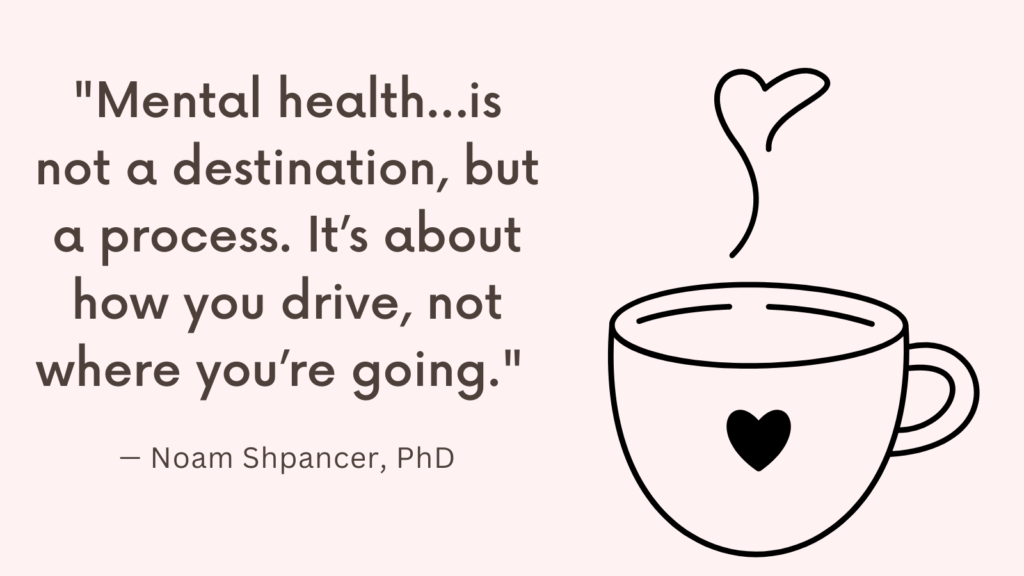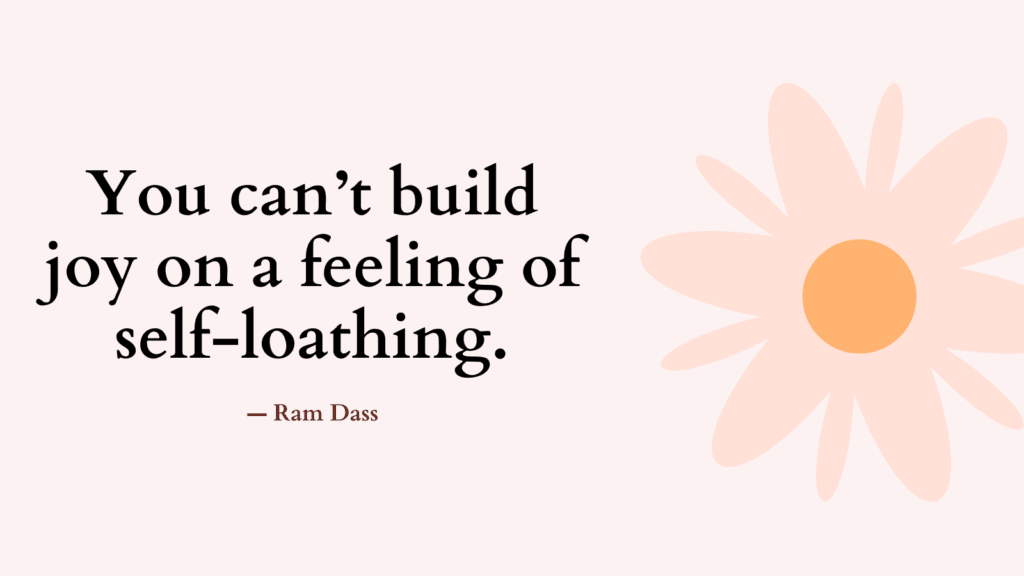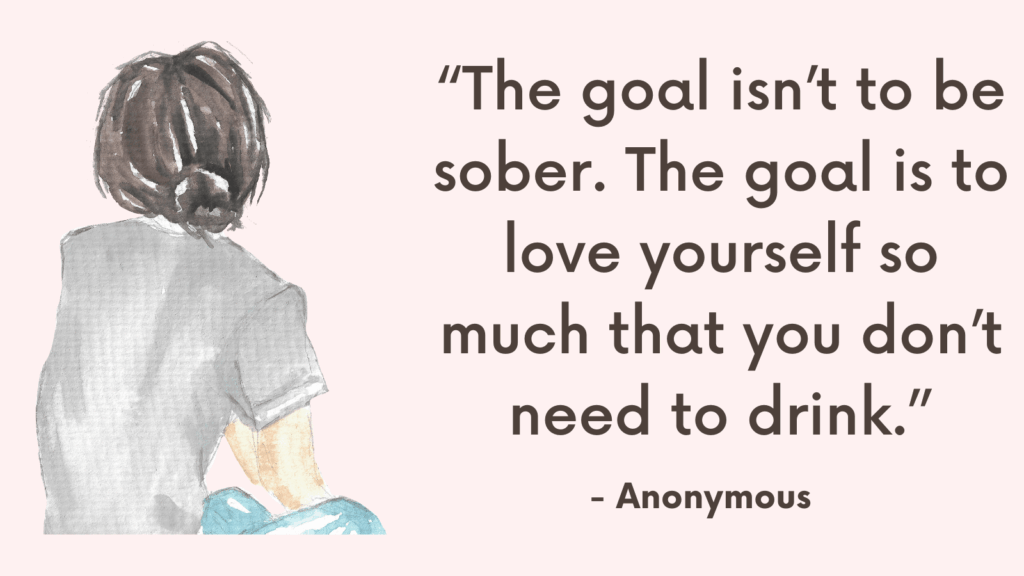This post contains “Shopping Addiction Quiz” along with helpful tips to overcome it.
Shopping Addiction Quiz
Results
#1. Do you often find yourself preoccupied with thoughts about shopping or buying things?
#2. Have you made unsuccessful attempts to control or reduce your shopping?
#3. Do you feel a sense of excitement or euphoria while shopping that is difficult to resist?
#4. Have you experienced conflicts with loved ones or financial difficulties due to your shopping behavior?
#5. Have you ever felt guilty, ashamed, or regretful after a shopping spree?
#6. Do you frequently buy items that you don’t really need or use?
#7. Have you tried to hide your shopping activities from others?
#8. Do you feel a strong urge or compulsion to shop, even when you don’t have the means to do so?
#9. Have you found that shopping is a way to cope with negative emotions, stress, or boredom?
#10. Have you noticed a pattern of escalating shopping behaviors over time?
We will not sell your information. All results are kept confidential.
This quiz is for informational purposes only. It is not meant as a diagnostic or assessment tool.
Results
The questions above represent common signs of shopping addiction. If you answered yes to most of these questions, then shopping addiction may be a problem for you.
Please keep in mind that this quiz is not intended to provide a formal diagnosis but rather to help you reflect on your shopping habits.
If you have concerns about shopping addiction or any other mental health issue, it would be best to consult with a licensed psychologist or therapist for a proper evaluation and personalized advice.
Related: How To Step Out Of Denial? Top 10 Steps To Overcome Denial When The Truth Is Heartbreaking
What Is Shopping Addiction?
Shopping addiction, also known as compulsive buying disorder or oniomania, is a psychological condition characterized by an uncontrollable urge to shop and excessive spending, leading to negative consequences in one’s life.
Similar to other addictive behaviors, shopping addiction involves an individual’s inability to resist the impulse to shop, even when it has detrimental effects on their finances, relationships, or emotional well-being.
Signs of Shopping Addiction
Signs and symptoms of shopping addiction may include:
1. Preoccupation with shopping: Constantly thinking about shopping, planning shopping trips, or browsing online stores.
2. Loss of control: Feeling unable to stop or limit shopping behaviors, regardless of attempts to do so.
3. Emotional relief through shopping: Using shopping as a way to alleviate stress, anxiety, or negative emotions.
4. Financial problems: Accumulating debts or experiencing financial instability due to excessive spending.
5. Impaired functioning: Neglecting responsibilities, such as work or personal relationships, because of shopping.
6. Emotional distress: Feeling guilt, shame, or remorse after shopping episodes.
7. Hoarding tendencies: Difficulty getting rid of items or compulsively acquiring unnecessary possessions.
Related: Porn Addiction Test (+Best 6 Tips On How To Get Free From Porn Addiction)
How to Overcome Shopping Addiction?
1. Recognize and acknowledge the addiction
To overcome shopping addiction, the first and most crucial step is to recognize and acknowledge that you have a problem.
It can be challenging to admit when our behaviors are becoming unhealthy or compulsive, but this self-awareness is essential for change.
Start by reflecting on your spending patterns and assessing whether they align with your financial goals and overall well-being.
Look for signs such as constantly buying unnecessary items, feeling a rush of excitement while shopping, or relying on shopping as a coping mechanism for stress or negative emotions.
Talking to a trusted friend or family member about your concerns can also provide valuable external perspective.
By recognizing and accepting the addiction, you pave the way for seeking help and making positive changes in your life.
Related: Am I Addicted To My Phone Quiz (+Digital Detox Challenge)
2. Identify triggers and develop coping mechanisms
One important step is to identify the triggers that lead to excessive shopping.
These triggers can vary from person to person, but common ones include boredom, stress, or the desire for instant gratification.
By recognizing these triggers, individuals can better understand their shopping patterns and work towards developing healthier coping mechanisms.
For example, instead of turning to shopping when feeling stressed, one could try engaging in physical activity or practicing relaxation techniques such as deep breathing or meditation.
Another effective strategy is to create a budget and stick to it.
Setting clear financial goals can help curb impulsive spending and provide a sense of control over one’s finances.
Creating a shopping list before going to the store, whether physical or virtual, can also help individuals stay focused on what they truly need instead of being swayed by impulse purchases.
Related: How To Achieve Emotional Sobriety? (+FREE Emotional Sobriety Worksheets)
3. Create a budget and stick to it
If you find yourself struggling with shopping addiction, creating a budget and sticking to it can be an effective strategy to overcome this challenge.
Start by carefully examining your income and expenses to determine how much money you can allocate towards shopping each month.
This will help you gain a clear understanding of your financial limitations and enable you to make more informed purchasing decisions.
Set specific spending limits for different categories, such as clothing, electronics, or entertainment, and stick to them rigorously.
Practice self-discipline and remind yourself of the long-term benefits of curbing impulsive buying habits.
To further support your budgeting efforts, consider adopting practical strategies and techniques.
Avoid shopping when you are feeling emotional or stressed, as these states often contribute to impulsive buying behaviors.
Instead, develop alternative coping mechanisms such as engaging in hobbies, exercising, or spending time with loved ones.
Related: Self Harm Addiction Quiz
4. Avoid temptation
This means taking steps to limit your exposure to shopping triggers and creating a supportive environment for yourself.
One way to do this is by unsubscribing from retail newsletters or blocking shopping websites on your devices.
When you’re out and about, steer clear of malls or stores that might tempt you to make impulsive purchases.
Instead, find alternative activities that you enjoy, such as going for a walk, practicing a hobby, or spending time with loved ones, that can help distract you from the urge to shop.
Related: Best 17 Addiction Journal Prompts
5. Seek support
One way to seek support is by reaching out to friends and family members who can offer understanding and empathy.
Confiding in loved ones about your struggles with shopping addiction can create a supportive network that will help you stay motivated and accountable.
Additionally, joining support groups or seeking professional help from therapists who specialize in addiction can provide valuable guidance and strategies for managing the urge to shop compulsively.
These support systems offer a safe space to share experiences, learn coping mechanisms, and gain insights from others who are going through similar challenges.
By seeking support, whether from loved ones or professionals, you are not only addressing your shopping addiction head-on but also building a network of understanding individuals who can help you on your path to recovery.
Related: Top 10 Books For Addiction Recovery
6. Find alternative activities
By redirecting your focus and energy towards healthier pursuits, you can gradually reduce your reliance on shopping as a source of fulfillment.
Engaging in activities such as exercise, hobbies, or spending quality time with loved ones can provide the same sense of satisfaction that shopping once did.
For example, joining a sports team or a fitness class not only allows you to stay active but also introduces you to new people who share similar interests.
Exploring creative outlets like painting, writing, or playing an instrument can be both rewarding and therapeutic.
Additionally, volunteering for a cause you care about can provide a sense of purpose and fulfillment.
Related: Best 9 Books For Spouses Of Addicts
7. Practice self-care
Self-care involves taking care of your physical, mental, and emotional well-being, which can help to reduce the temptation to indulge in excessive shopping.
One effective way to practice self-care is through the development of healthy coping mechanisms.
Instead of turning to shopping to relieve stress or boredom, consider engaging in activities such as exercise, meditation, or spending time with loved ones.
By finding alternative ways to handle negative emotions, you can gradually break free from the cycle of shopping addiction.
Related: Addiction Recovery Resources
Conclusion
Overcoming shopping addiction is a process that takes time and effort.
Be patient with yourself and celebrate small victories along the way.







